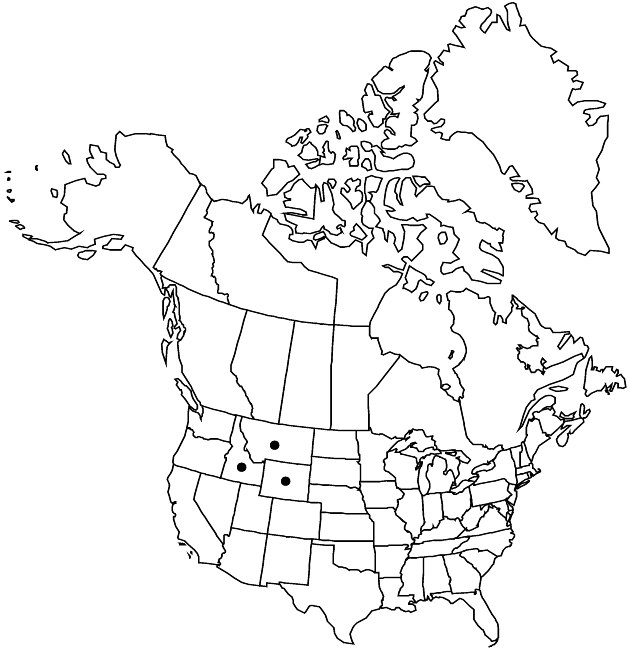Difference between revisions of "Nothocalaïs nigrescens"
Muhlenbergia 1: 8. 1900.
FNA>Volume Importer |
FNA>Volume Importer |
||
| Line 8: | Line 8: | ||
}} | }} | ||
|common_names=Speckled false dandelion | |common_names=Speckled false dandelion | ||
| − | |basionyms={{Treatment/ID/ | + | |basionyms={{Treatment/ID/Basionym |
|name=Microseris nigrescens | |name=Microseris nigrescens | ||
|authority=L. F. Henderson | |authority=L. F. Henderson | ||
| + | |publication_title=Bull. Torrey Bot. Club | ||
| + | |publication_place=27: 348. 1900 | ||
}} | }} | ||
|synonyms= | |synonyms= | ||
| Line 51: | Line 53: | ||
|publication year=1900 | |publication year=1900 | ||
|special status= | |special status= | ||
| − | |source xml=https://jpend@bitbucket.org/aafc-mbb/fna-data-curation.git/src/ | + | |source xml=https://jpend@bitbucket.org/aafc-mbb/fna-data-curation.git/src/f6b125a955440c0872999024f038d74684f65921/coarse_grained_fna_xml/V19-20-21/V19_519.xml |
|tribe=Asteraceae tribe Cichorieae | |tribe=Asteraceae tribe Cichorieae | ||
|genus=Nothocalaïs | |genus=Nothocalaïs | ||
Revision as of 18:37, 24 September 2019
Plants 5–35 cm. Stems (peduncles) often with 1–2, leafy bracts near bases. Leaves: blades lanceolate to oblanceolate, 4–20 cm, margins plane, entire, sometimes ciliolate, (apices acute) faces glabrous. Involucres 12–22 mm. Phyllaries 15–50, minutely purple-dotted except on membranous margins, sometimes purple-lined on midribs, broadly lanceolate to ovate, apices acute to acuminate, faces usually glabrous. Florets 13–100; ligules 10–25 mm. Cypselae brown, 6–10 mm, tapered distally, not beaked; pappi of 10–25, narrow, smooth to barbellulate, aristate scales 8–13 mm.
Phenology: Flowering May–Jul.
Habitat: Moist meadows, grassy slopes, and forest openings, juniper-ponderosa pine woodland, mixed conifer forest, and spruce-fir subalpine forest
Elevation: 1500–3000 m
Distribution

Idaho, Mont., Wyo.
Discussion
Nothocalaïs nigrescens grows in the northern and middle Rocky Mountains. It is generally well separated in habitat and elevation from N. cuspidata and N. troximoides; intermediate populations are sometimes found in areas of contact with the two related taxa. In Montana, apparent hybrids with N. cuspidata have been found in the upper valleys of the Yellowstone and Missouri rivers. Intermediates between N. nigrescens and N. troximoides occur rather widely in Idaho, in areas where the sagebrush steppe habitats of the latter species penetrate the coniferous zone. As discussed below, most of the assumed hybrid populations more closely resemble N. troximoides.
Selected References
None.